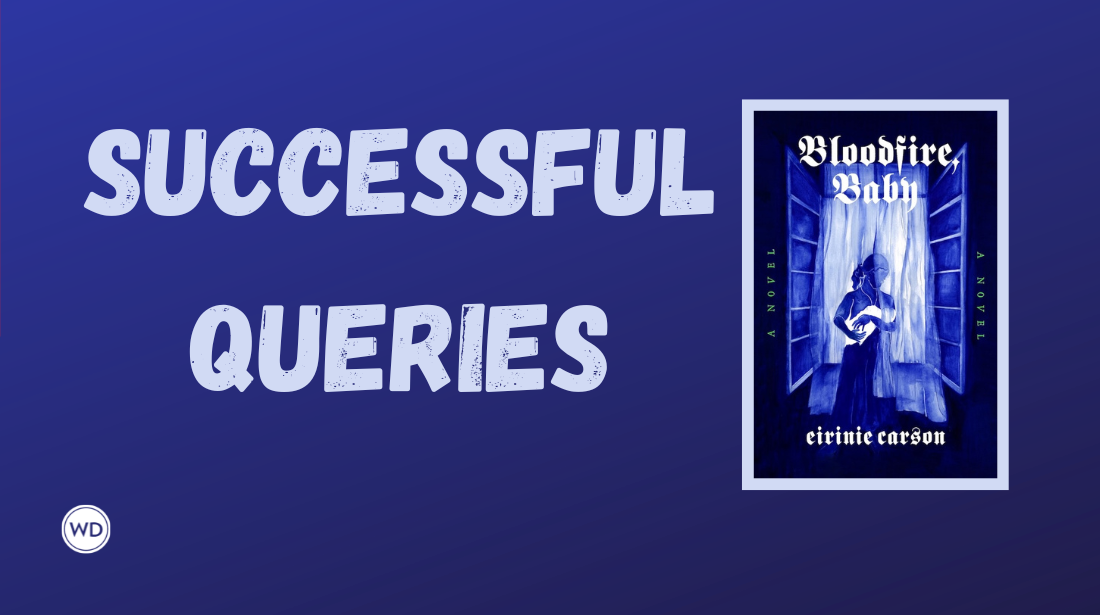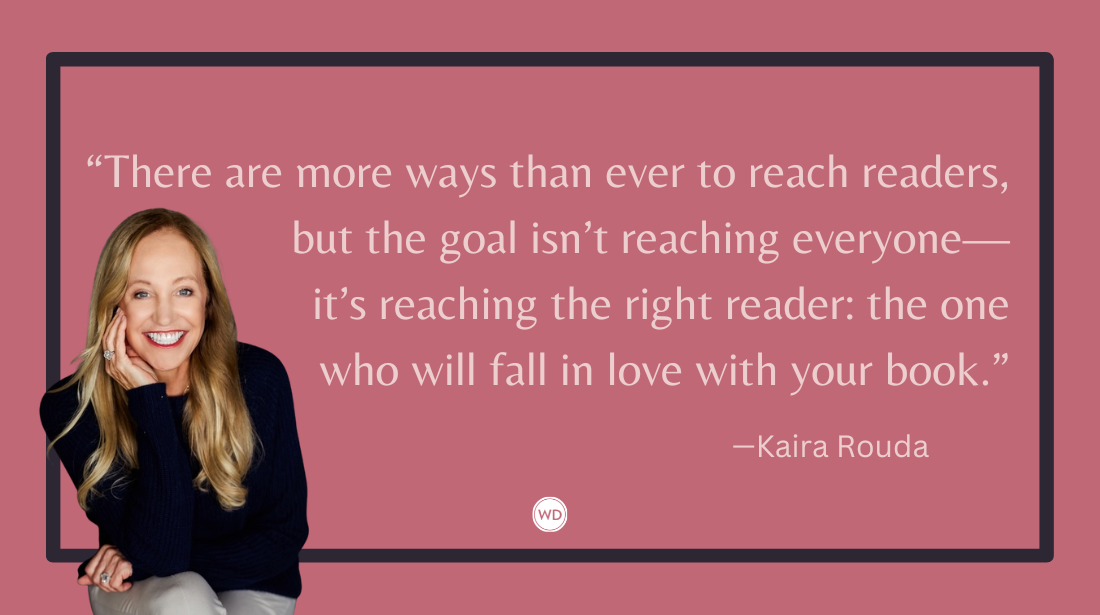Successful Queries: Agent Jeff Kleinman and ‘The Art of Racing in the Rain’
Learn how to write your own successful query letter by reading the actual query Garth Stein submitted for his book, The Art of Racing in the Rain, with commentary from his agent Jeff Kleinman (Folio Literary).
The best way to learn how to write a successful query letter is to see what worked for others. That's what the Successful Queries series is all about. In this post, agent Jeff Kleinman shares what worked in Garth Stein's query for The Art of Racing in the Rain.
This series is called "Successful Queries" and I'm posting actual query letters that succeeded in getting writers signed with agents. In addition to posting the actual query letter, we will also get to hear thoughts from the agent as to why the letter worked.
The 25th installment in this series is with agent Jeff Kleinman (Folio Literary) and his author, Garth Stein, for his book, The Art of Racing in the Rain.
(WD uses affiliate links.)
From: Garth Stein
To: Jeff Kleinman
Re: Query: “The Art of Racing in the Rain”
Dear Mr. Kleinman:
Saturday night I was participating in a fundraiser for the King County Library System out here in the Pacific Northwest, and I met your client, Layne Maheu. He spoke very highly of you and suggested that I contact you...
I am a Seattle writer with two published novels. I have recently completed my third novel, The Art of Racing in the Rain, and I find myself in a difficult situation: my new book is narrated by a dog, and my current agent told me that he cannot (or will not) sell it for that very reason. Thus, I am seeking new representation.
The Art of Racing in the Rain is the story of Denny Swift, a race car driver who faces profound obstacles in his life, and ultimately overcomes them by applying the same techniques that have made him successful on the track. His story is narrated by his "philosopher dog," Enzo, who, having a nearly human soul (and an obsession with opposable thumbs), believes he will return as a man in his next lifetime.
My last novel, How Evan Broke His Head and Other Secrets, won a 2006 Pacific Northwest Booksellers Association Book Award, and since the award ceremony a year ago, I have given many readings, workshops, and lectures promoting the book When time has permitted, I've read the first chapter from The Art of Racing in the Rain. Audience members have been universally enthusiastic and vocal in their response, and the first question asked is always: "When can I buy the book about the dog?" Also very positive.
I'm inserting, below, a short synopsis of The Art of Racing in the Rain, and my biography. Please let me know if the novel interests you; I would be happy to send you the manuscript.
Sincerely,
Garth Stein
Commentary from Jeff
Let's start from the beginning. First of all, putting both the words “Query” and the title of the book on the subject line of an e-mail makes it clear why you’re writing—and it often keeps your e-mail from falling into the spam folder.
One of the best ways of starting out correspondence is figuring out your connection to the agent. It’s always best to have a referral, but if you don’t know a lot of writers, try to determine if the agent represents any authors you like. Similarly, find first novels you really love and look in the acknowledgments section—it’s where most authors thank their agent.
The author has some kind of track record. Who’s the publisher, though? Were these both self-published novels, or were there reputable publishers involved? (I’ll read on, and hope I find out.) Then it hits—a-ha—so he had an agent. This seems promising, but also know this kind of approach can backfire, because we agents tend to be like sheep—what one doesn’t like, the rest of us are wary of, too (or, conversely, what one likes, we all like). But in this case, getting in the “two published novels” early is definitely helpful. Also, there’s something in the “Thus” that, to me, spoke of the author’s determination not to give up just because one agent didn’t like it.
The third paragraph is the key pitch paragraph and Garth gives a great description of the book—he sums it up, gives us a feel for what we’re going to get. It’s short and gets the job done. This is the most important part of your letter.
Obviously, it's nice to see the author’s winning awards. Also good—the author’s not afraid of promoting the book himself. By now I’m salivating, wanting to see this. The end is simple and easy—it doesn’t speak of desperation, or doubt, or anything other than polite willingness to help. And all the punctuation was in the right spot. That’s it. He’s done. Mission accomplished.
Chuck Sambuchino is a former editor with the Writer's Digest writing community and author of several books, including How to Survive a Garden Gnome Attack and Create Your Writer Platform.









